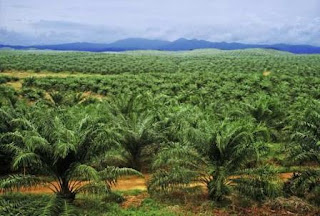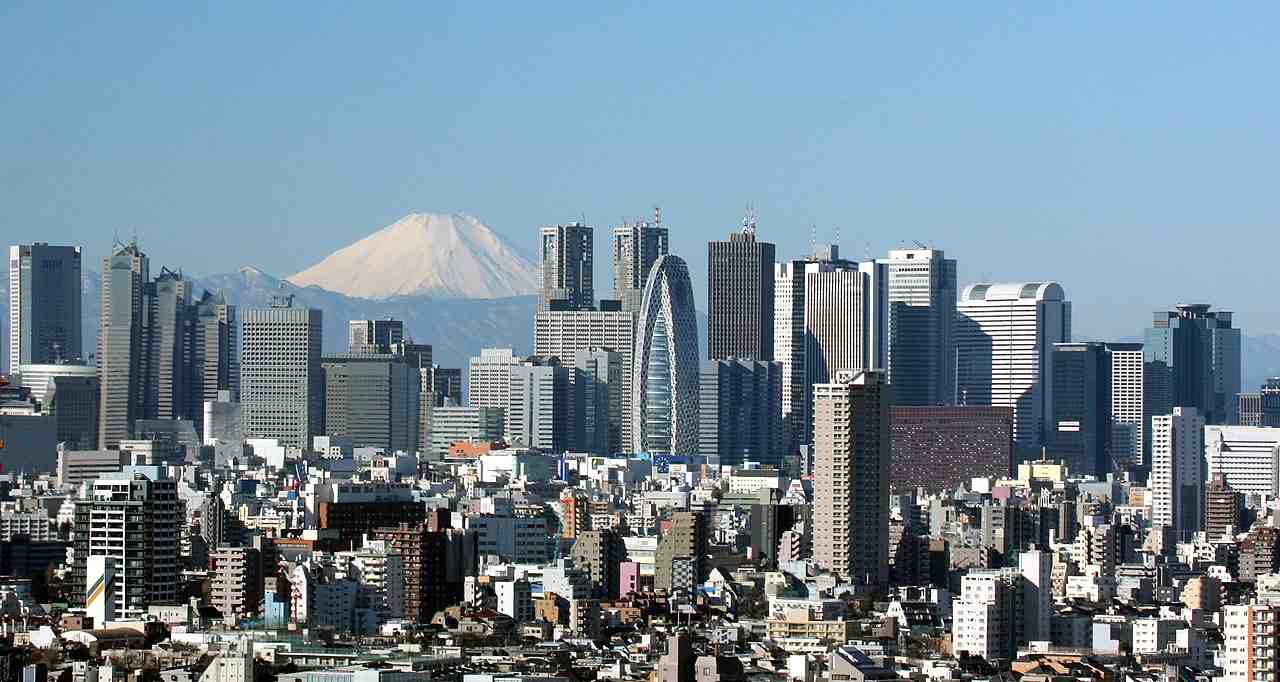Exports and government spending are expected to be the country’s main growth drivers this year, according to the Asian Development Outlook (ADO) 2021 Update. Supportive fiscal policy and accommodative monetary policy will help sustain growth. Private consumption is projected to recover modestly before rising by 5.0% next year. Investment should strengthen in 2022 as conditions normalize and improvements to the business climate set in.
“Indonesia’s economy had a relatively mild downturn in 2020, thanks to the government’s bold, timely policies to provide fiscal stimulus and social assistance to the vulnerable to prevent long-term economic scarring. It continued to recover in the first half of 2021 due to those same policies and strong exports,” said ADB Country Director for Indonesia Jiro Tominaga. “With global trade and finance facing headwinds, it will be critical for policy makers to continue to take steps to contain the pandemic, support economic recovery, and implement domestic reforms.”
Indonesia’s gross domestic product (GDP) expanded by 3.1% in the first half of 2021 as restrictions eased and demand picked up. Fixed investment and government spending posted healthy growth. Private consumption grew modestly, held back by continued uncertainty. Imports grew in step with domestic demand, but exports grew faster.
Indicators of economic activity slowed in July and August 2021 as mobility restrictions were imposed to contain a surge in COVID-19 cases. The sharp drop in new infections since late August should enable growth to resume soon and GDP in 2021 to exceed its 2019 level.
Inflation has remained subdued and is expected to reach 1.7% this year, lower than ADB’s April projection of 2.4%, due to the slower economic recovery. As growth rises next year, inflation will edge up close to its prepandemic rate of 3.0%, within Bank Indonesia’s target of 2%–4%. The current account deficit is projected to be about 0.5% of GDP in 2021 and 0.9% in 2022.
Downside risks remain, including potential new COVID-19 outbreaks and disruptions to economic activity in Indonesia and abroad.
ADB is committed to achieving a prosperous, inclusive, resilient, and sustainable Asia and the Pacific, while sustaining its efforts to eradicate extreme poverty. Established in 1966, it is owned by 68 members—49 from the region.




























